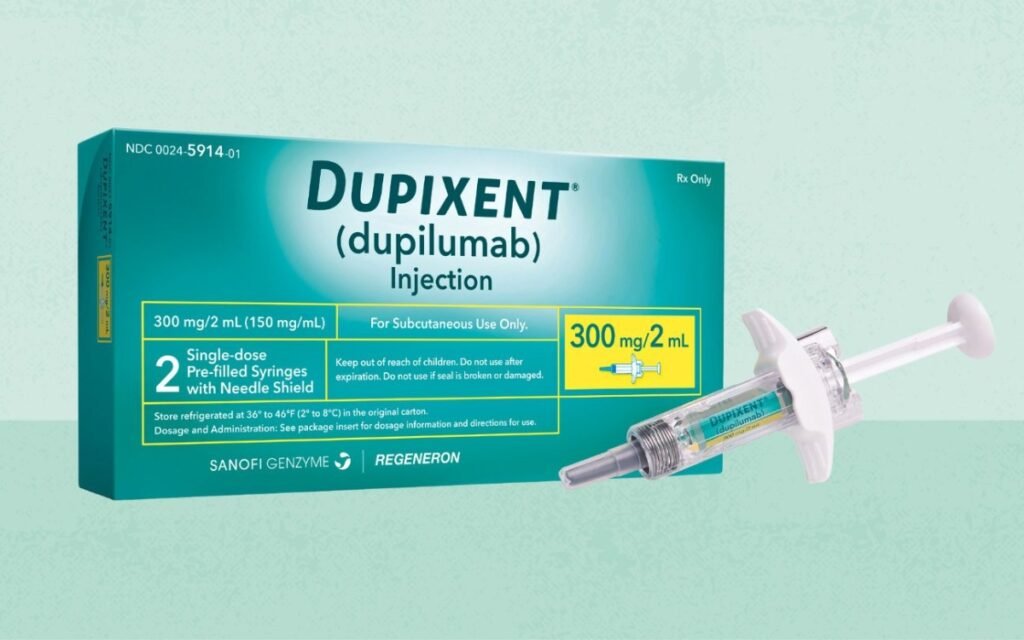Regeneron and Sanofi have faced an unexpected hurdle in their pursuit of regulatory approval for Dupixent, a monoclonal antibody aimed at addressing chronic spontaneous urticaria (CSU), a severe inflammatory condition characterized by hives and profound skin swelling.
In a rather rare setback for Dupixent, which has delivered a significant $5.3 billion in sales during the first half of the current year, the FDA has declined the companies’ request to grant the medication clearance for CSU treatment.
The complete response letter (CRL) issued by the FDA outlined the need for more efficacy data to support the drug’s application. Notably, the US regulatory agency did not flag any manufacturing or safety-related concerns in the biologics license application submitted by the partners.
Regeneron and Sanofi have swiftly responded by initiating a third phase 3 clinical trial for Dupixent in this indication, referred to as LIBERTY-CUPID C. The results from this trial are anticipated to be available by the end of the coming year, with expectations that the additional data will meet the FDA’s efficacy requirements.
Previous studies have shown mixed results. The LIBERTY-CUPID A study, which assessed the use of Dupixent in combination with standard antihistamines versus antihistamines alone in moderate to severe CSU patients, successfully achieved both its primary and secondary objectives.
Also Read: Sanofi Reports ‘Solid’ Q2 Performance With 3 Ongoing Launches And Dupixent Nearing €10B Milestone
On the other hand, the LIBERTY-CUPID B program, intended for patients who had not experienced success with the sole approved treatment for this indication, Novartis and Roche’s Xolair, did not yield the desired outcomes. The trial was discontinued in February 2022 due to the lack of significant symptom reduction with Dupixent. However, it is important to note that Dupixent did show numerical improvements in all primary evaluation criteria, particularly in alleviating itching.
Xolair, an established player in the CSU treatment market since 2014, and offering similar indications as Dupixent, generated impressive sales of $4 billion in the previous year. Sanofi had previously pointed out the potential for other biologics to gain traction in the market, given the relatively low number of eligible patients currently using Xolair.
In response to this competition, Novartis and Roche have been actively preparing their TK inhibitor, remibrutinib, for approval. In August, the companies reported positive results from two phase 3 trials, positioning remibrutinib for potential approval in the coming year. This development underscores the evolving landscape of CSU treatments and the ongoing quest for more effective options.





























